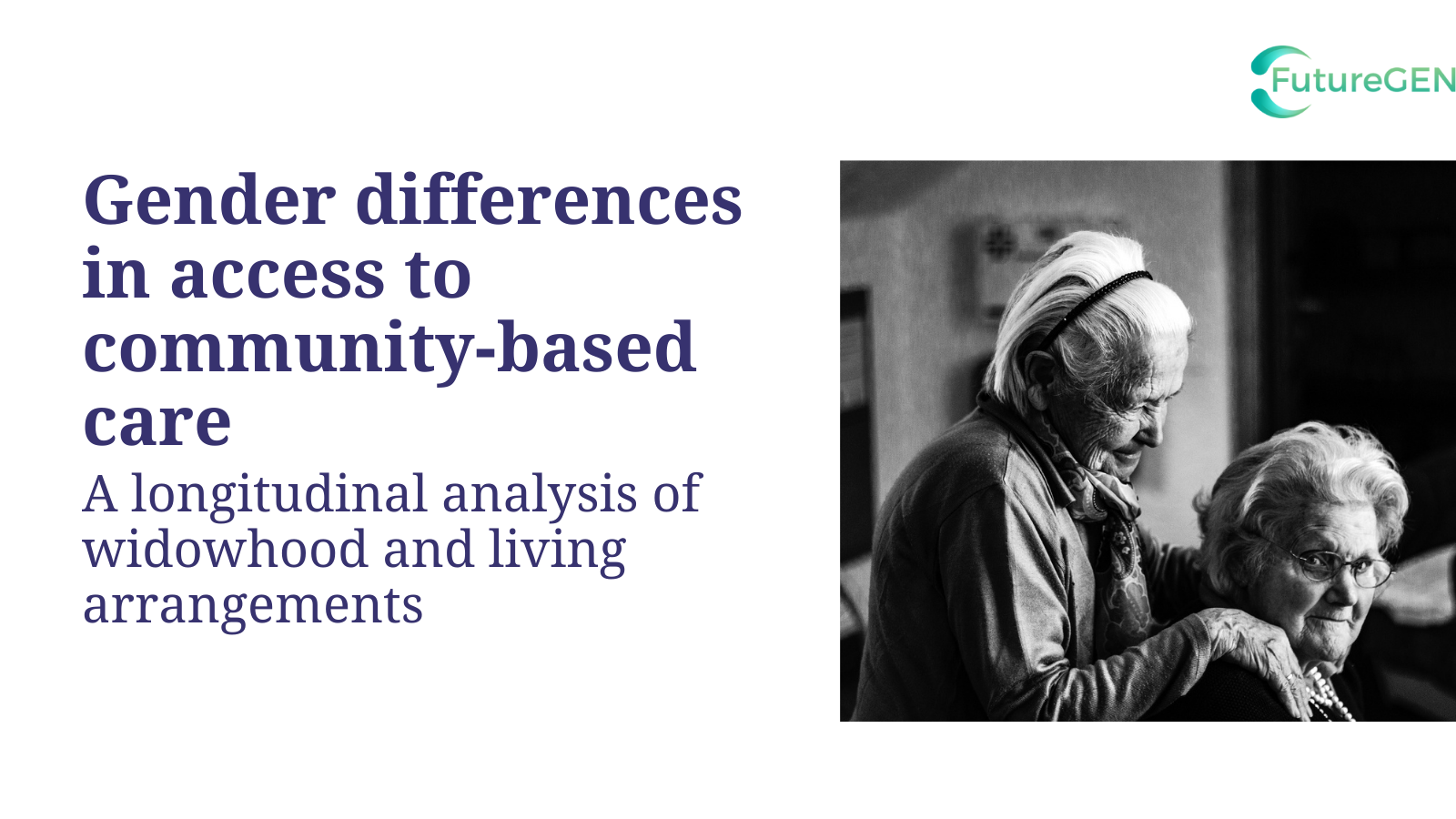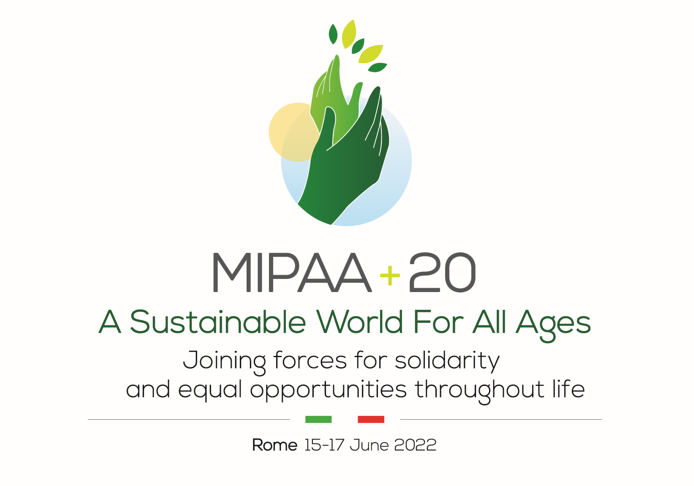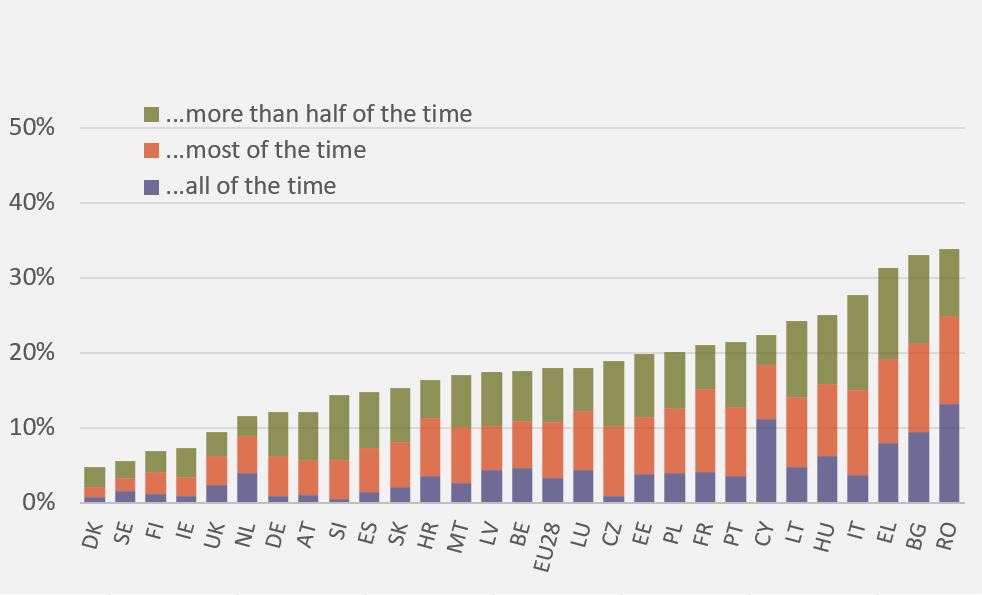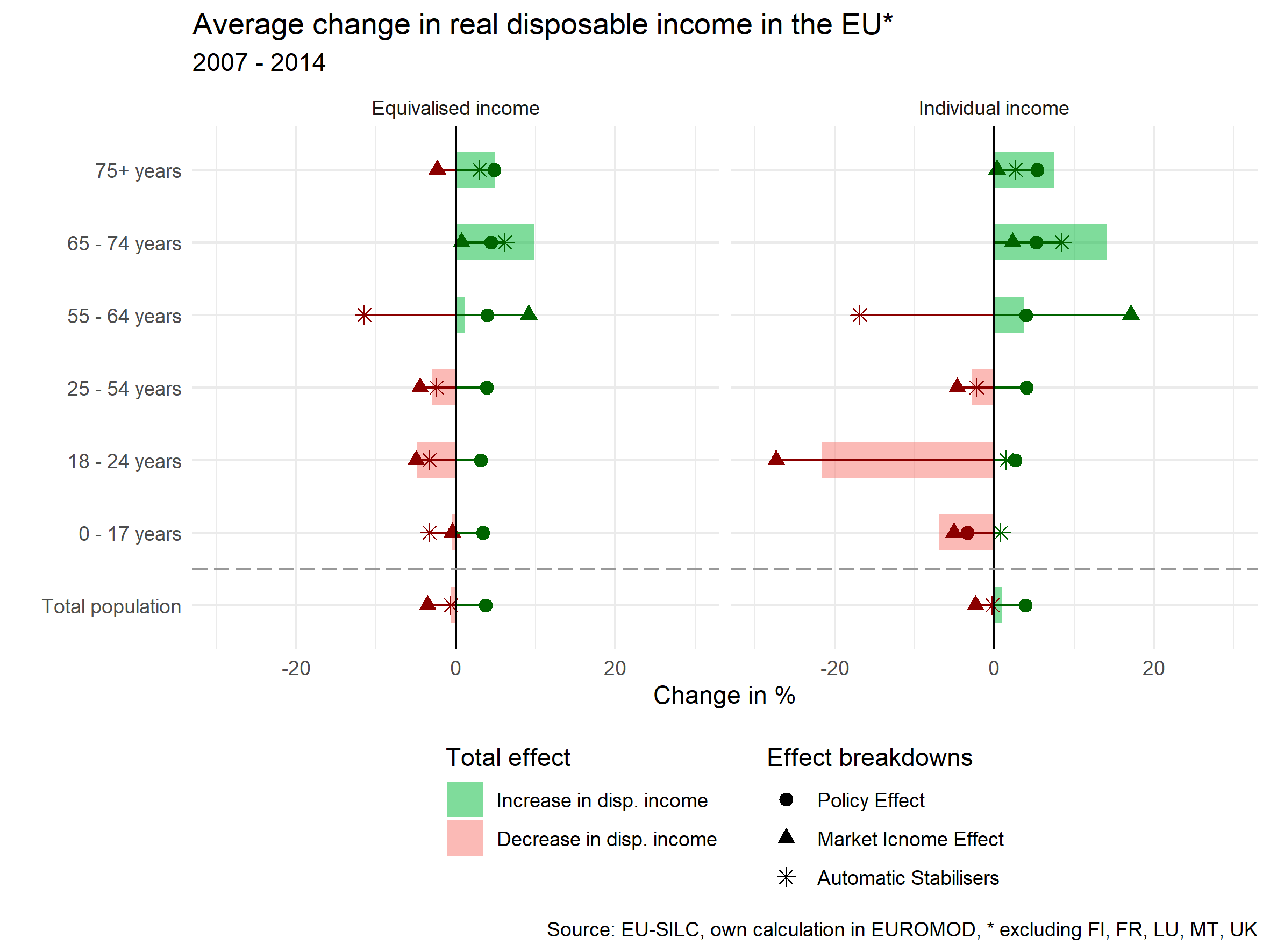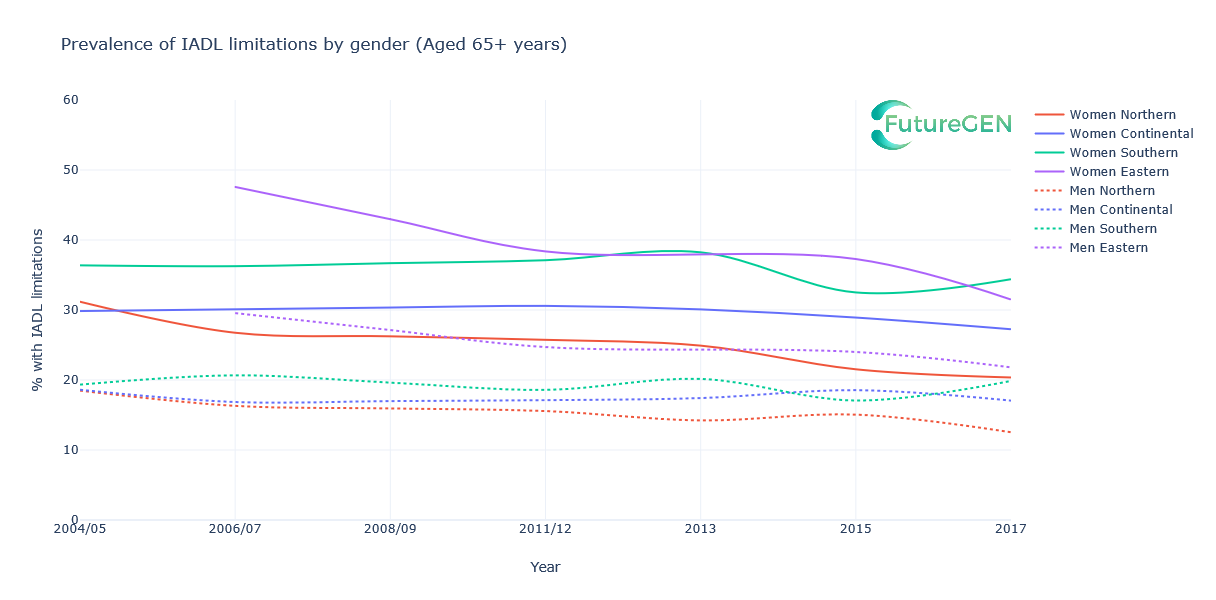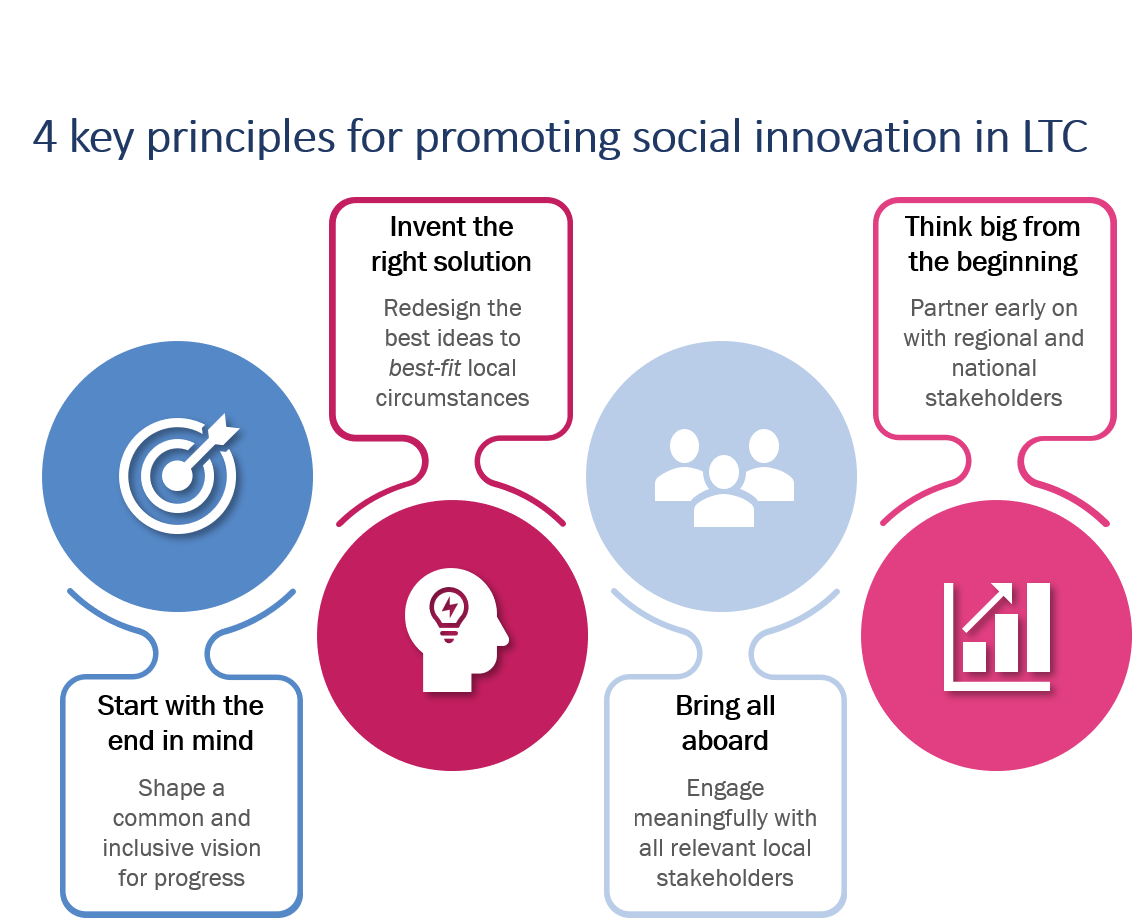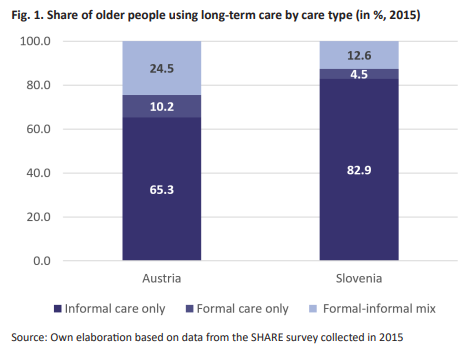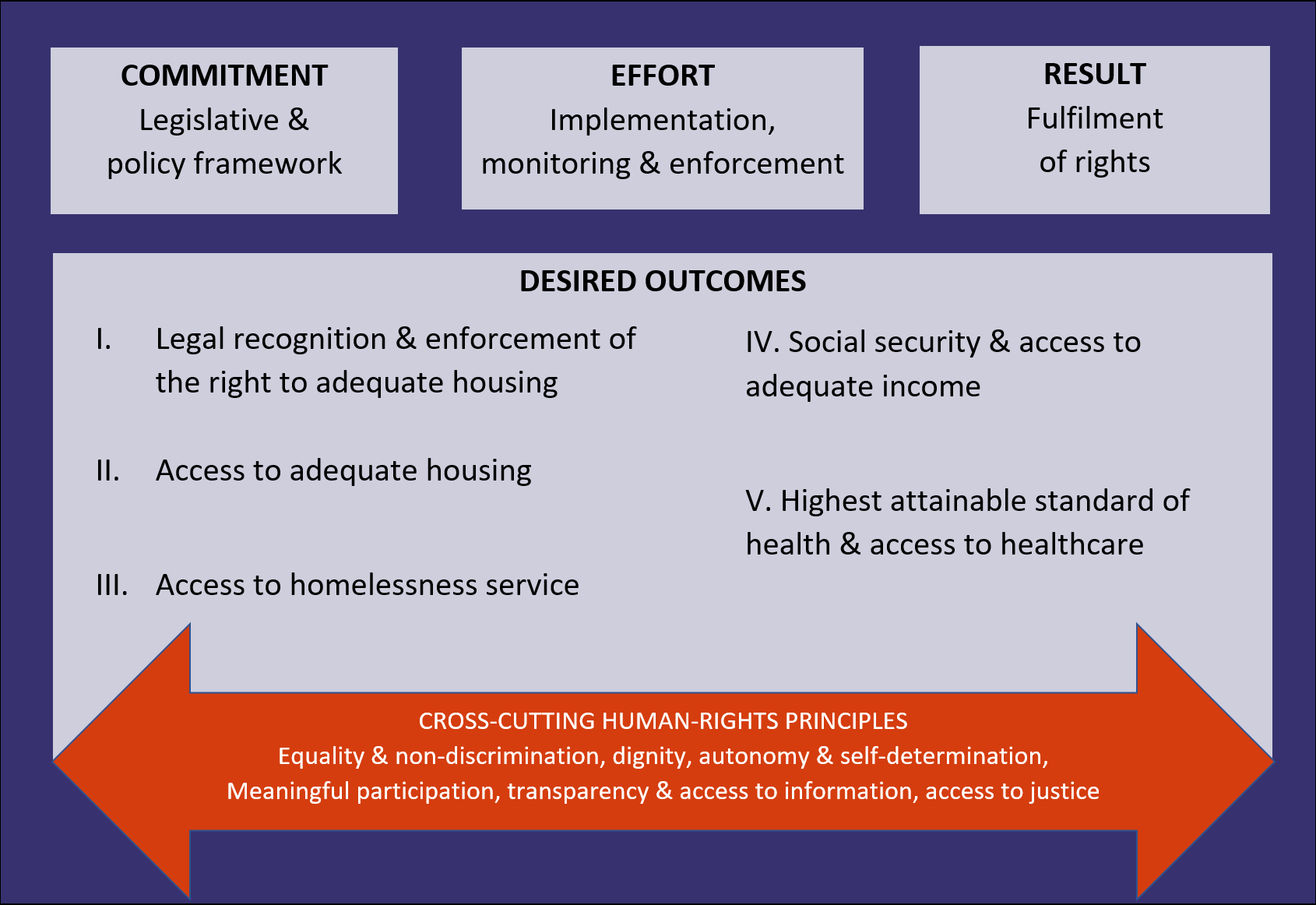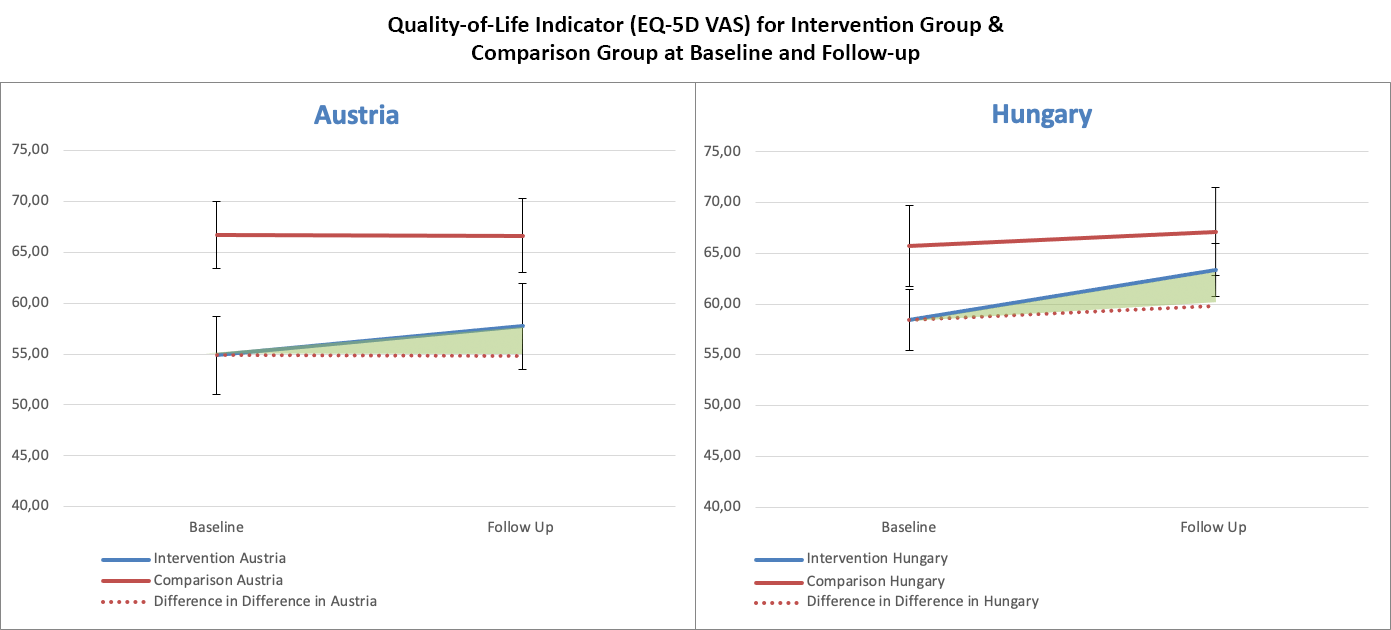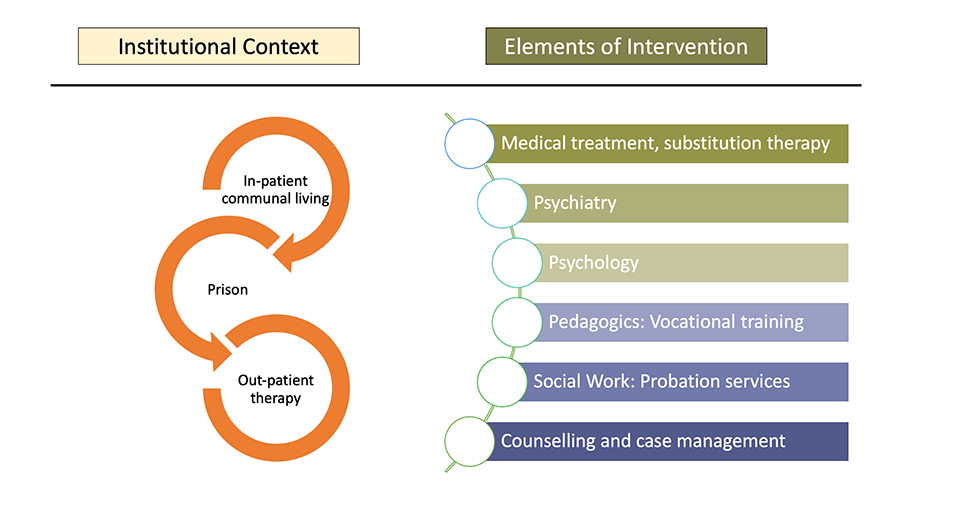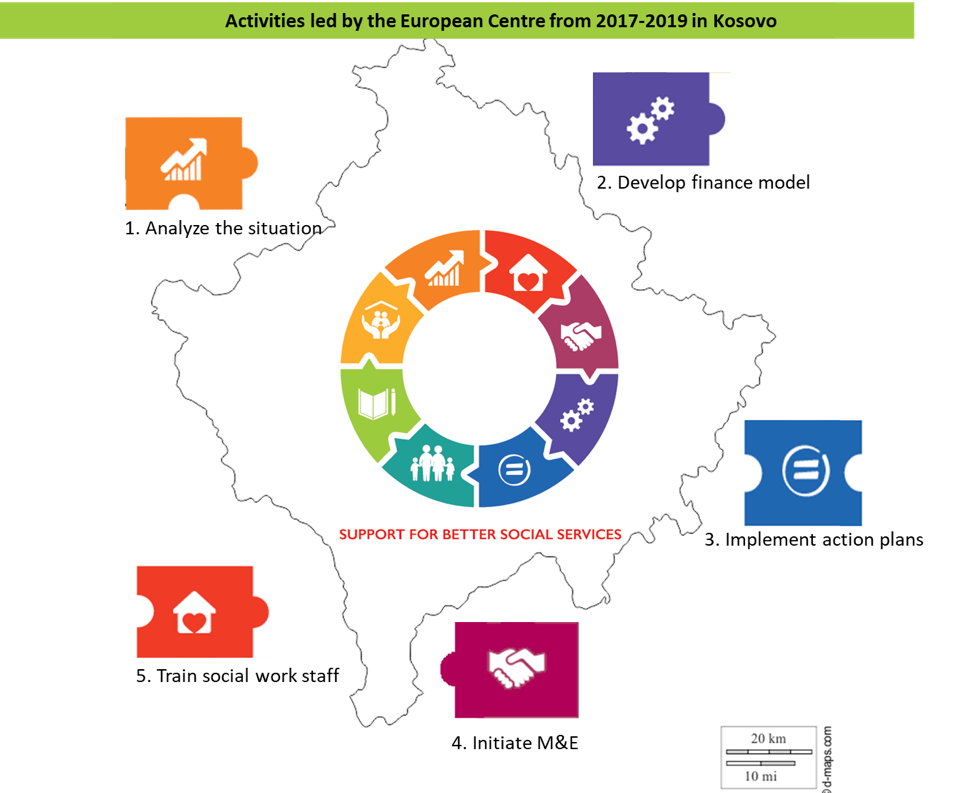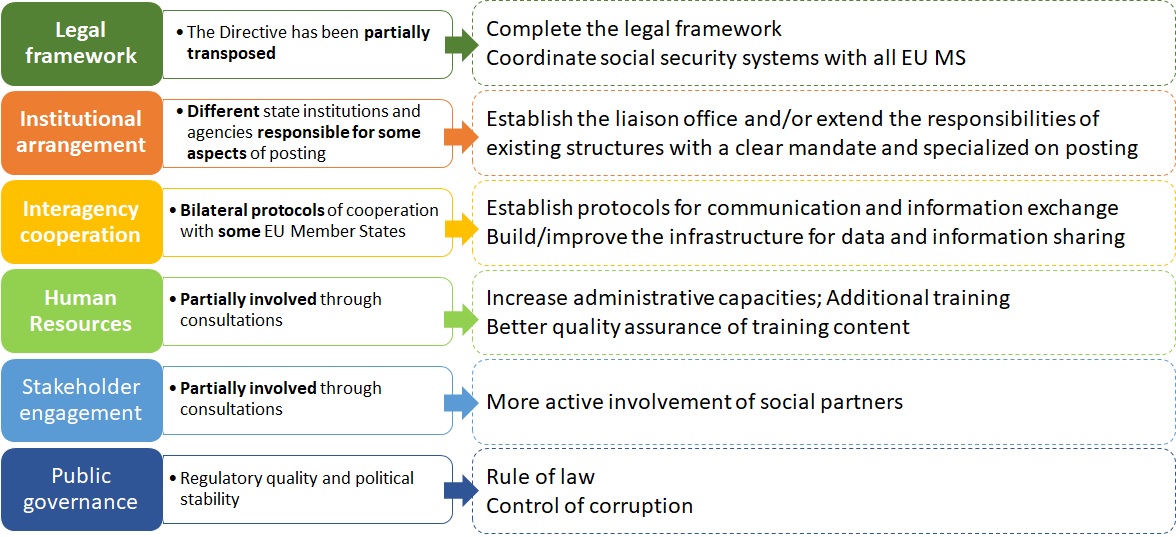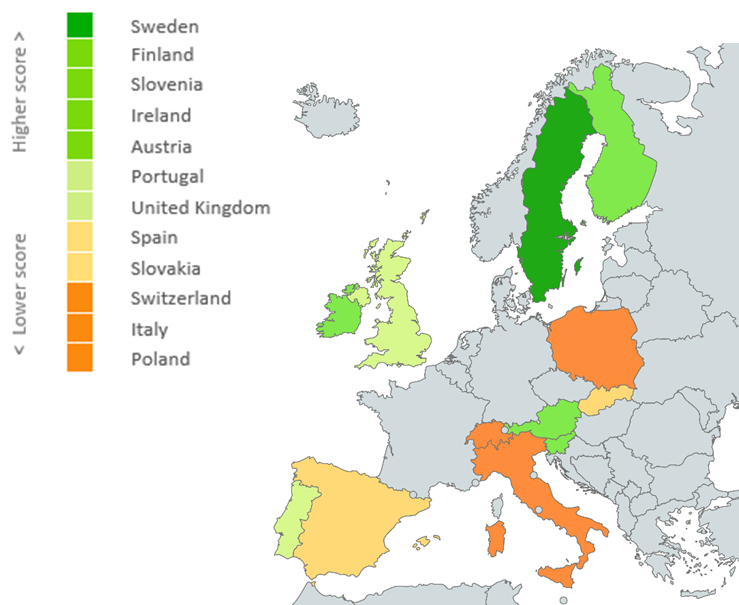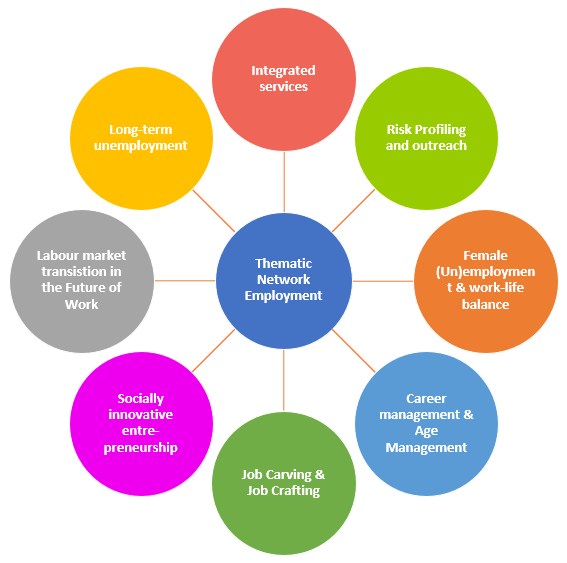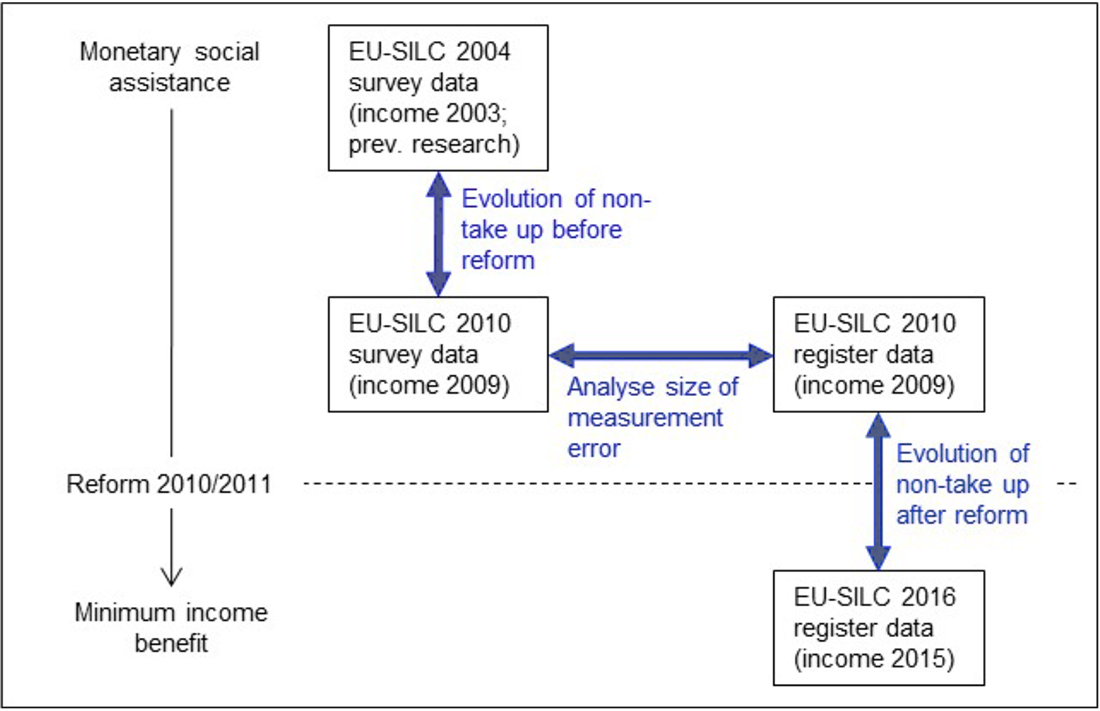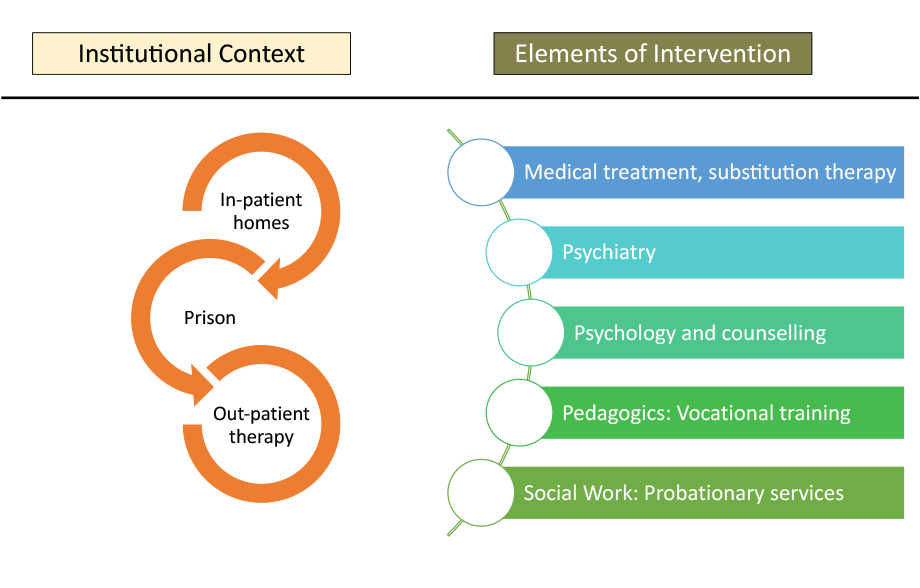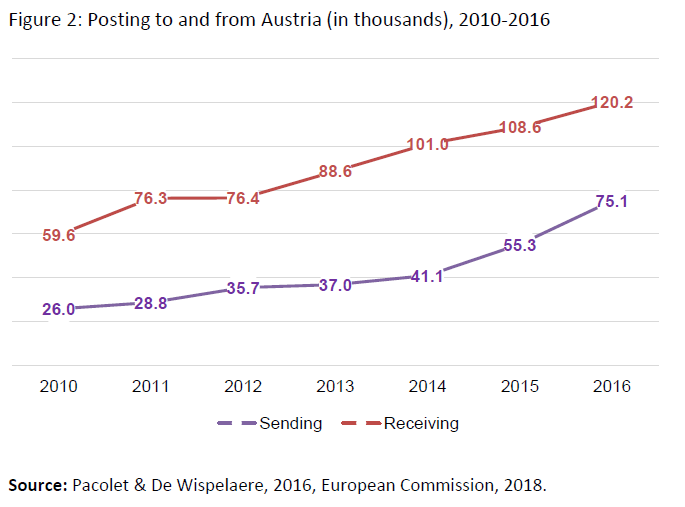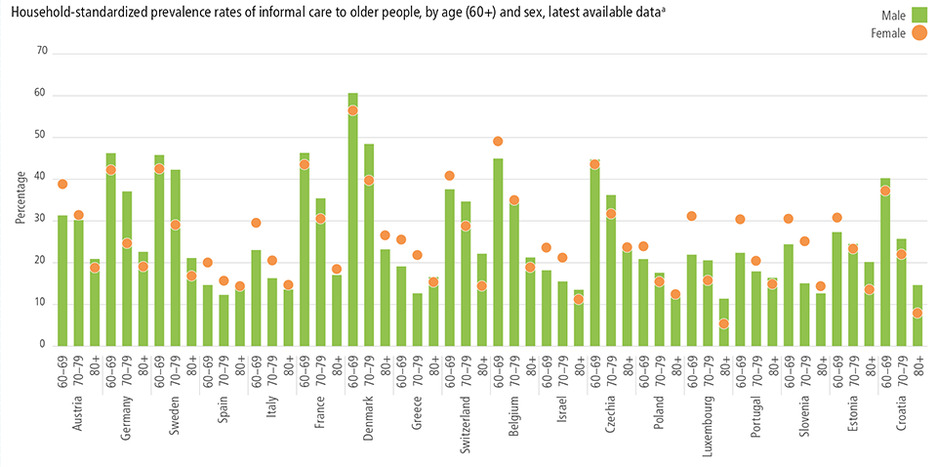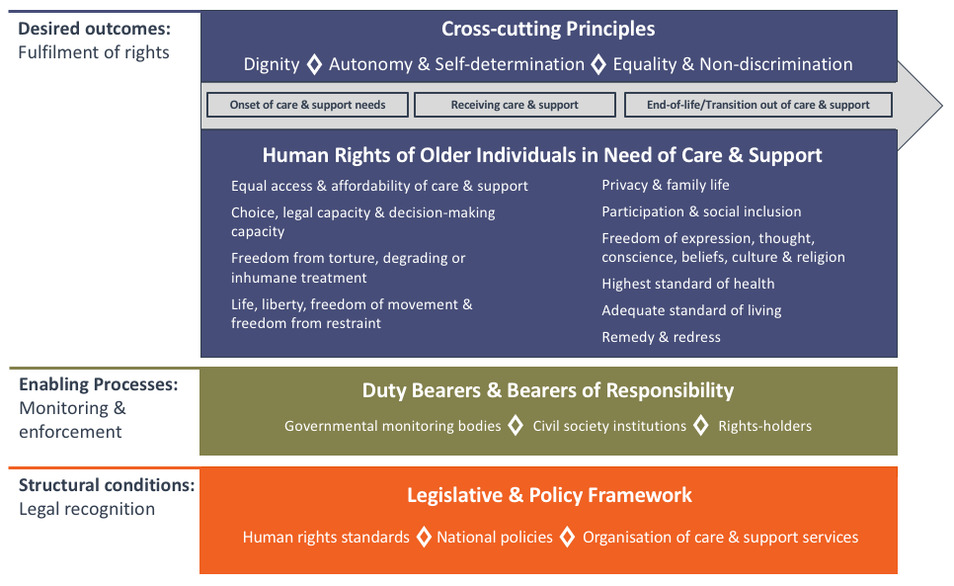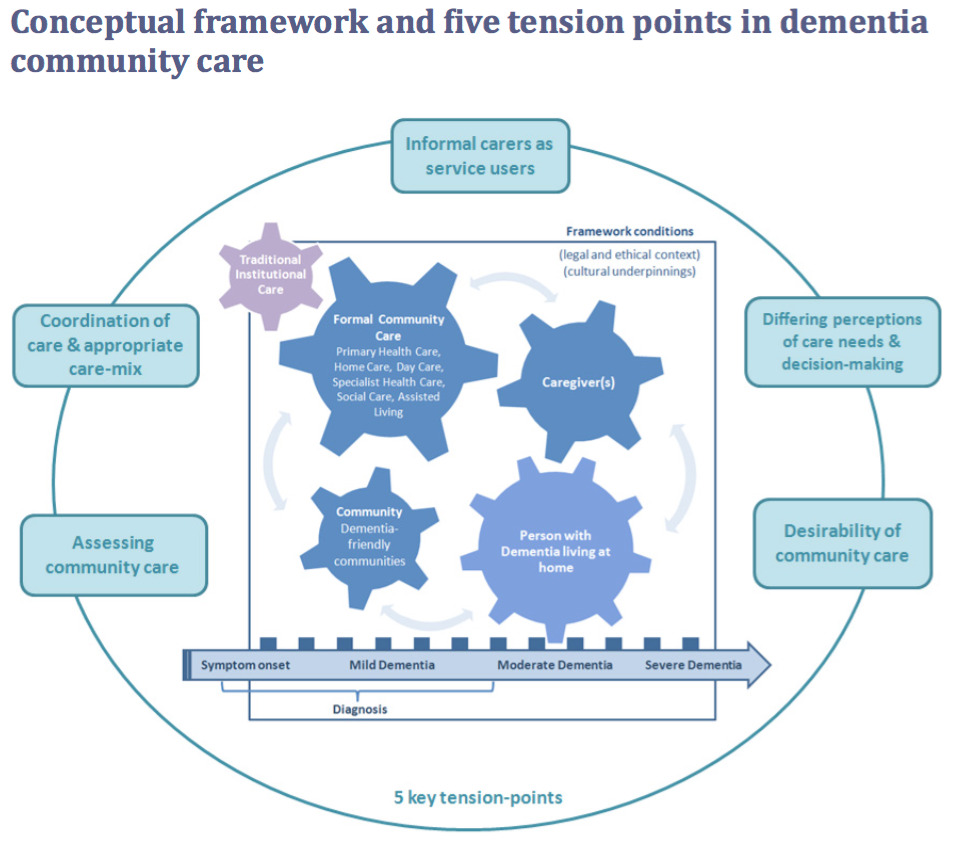The findings of comparative analysis based on the results of the nine country reports (namely: Austria, Belgium, Croatia, Germany, Italy, Romania, Slovakia, Slovenia, and Spain) indicate that the temporary, mobile and transnational character of posting affects the health and safety of posted workers in multiple ways and involves several different aspects:
- economic vulnerability and dependence on the employers make workers comply to poorer working and living conditions;
- cases of injury reveal various irregularities to posted workers' health insurance and care;
- while each country has complex systems of OSH providing for both prevention and protection of workers, posted workers do not necessarily take advantage of the existing mechanisms.
This is partly due to their lack of knowledge on host countries OSH structures and mechanisms, and partly because of their hesitation to go to the authorities, but it is also partly because of the inadequate response of enforcement organizations. Furthermore, lack of or limited access to collective representation lowers workers' level of protection and language barriers limit their access to information which has a wide range of implications – from exercising their employment rights, including health and safety rights, to accessing healthcare and housing and managing their daily lives. Aware of the challenges, stakeholders demand more coordinated and cohesive action. More

Notes: Full dots indicate language barriers identified by informants as a problem for workers posted to the respective countries, while empty dots highlight specific aspects of language barriers. In the case of Romania, the information relates to language barriers for workers posted from Romania working in international road transport.

